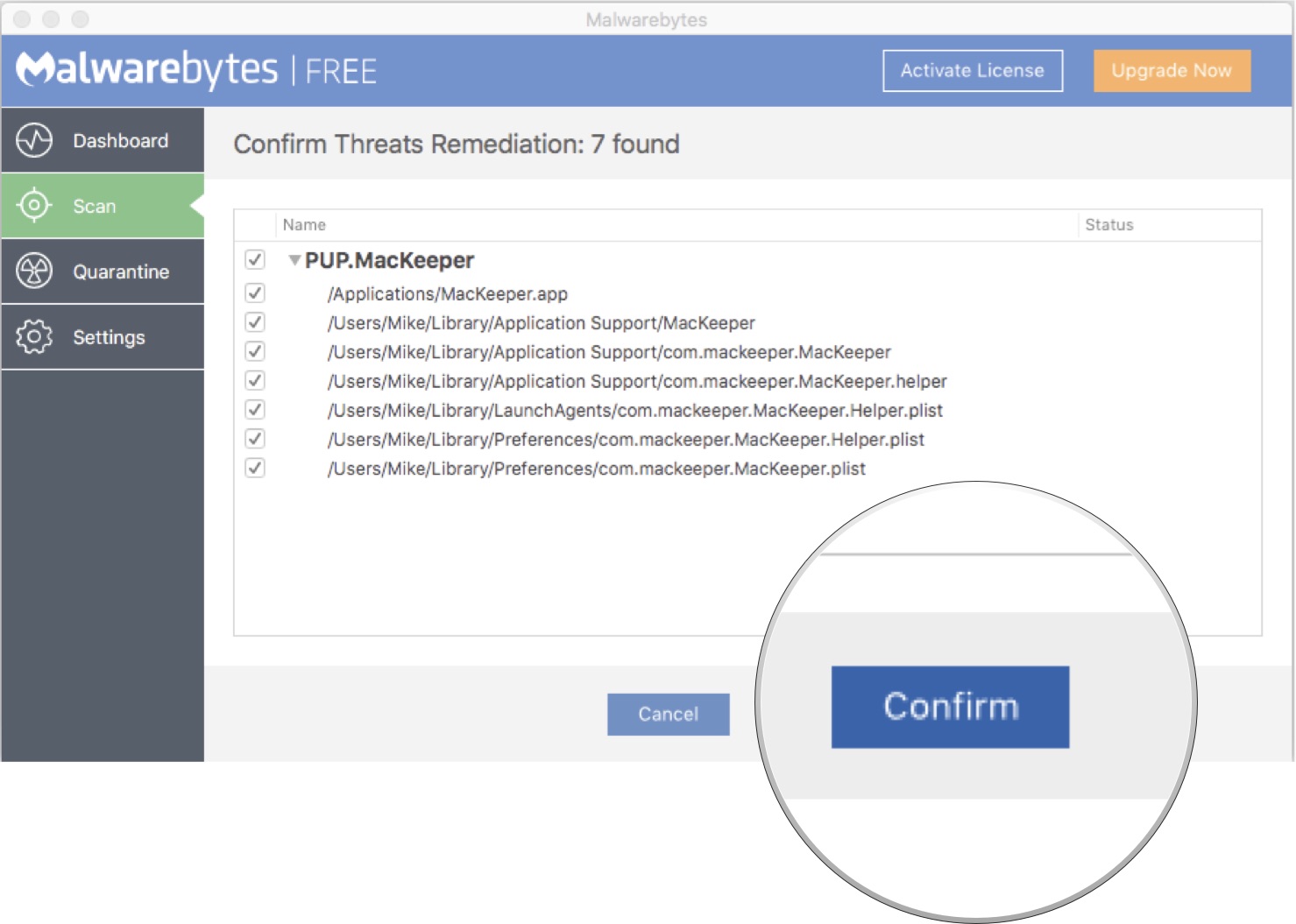Best Adware Remover For Mac 2017
Top 10 Best Free Adware Cleaners 2019. Adware Cleaners are a must have for internet users in 2018. Adware is on the rise due to the lucrative rewards of intercepting online advertising with affiliate tracking data in order to earn commission.

Rubenking The Best Malware Removal and Protection Software for 2019 Malware comes in many forms, but one thing's for sure—you don't want it attacking your computer. We've tested nearly 100 anti-malware apps to help you find the the best malware protection and removal software for all your devices. You Need Malware Protection When you sit down to your computer to write a letter, play a game, or connect with your social network, you expect the software to behave, doing what you expect. That's only sensible. But there's another whole realm of software whose entire purpose is misbehavior, malicious activities such as stealing your secure logins, sending your credit card details to hackers, or even encrypting your documents and holding the decryption key for ransom. You need protection against all kinds of malicious software, which we call malware. At the very least, you should install a top-notch.
If you don't protect yourself, you'll regret it. Malware protection solutions come in all sizes. Despite the word 'virus' in the name, an antivirus utility actually aims to protect against all types of malware. Full-scale security suites expand protection to include such things as spam filtering and parental control. Some antimalware tools work alongside your main protection to provide added security against specific threats, such as ransomware. Before we explore the different types of protection available, let's look at just what they're up against.
There are two options where mac users can find other versions of access for free.. What Is Malware? The term malware is short for malicious software, and it refers to absolutely any program or process whose purpose is harmful, even criminal. The earliest widely known form of malware was the, the name for a program that infects other programs with its code, and replicates when the infected program runs. Many early viruses had no malicious payload; they just served to show off the coder's skills, or even to give a shout-out to a loved one. Because viruses were first, we still use the name antivirus for software that protects against all kinds of malware.
A virus spreads when someone launches the infected program; a worm spreads without any help. Worms have been around longer than the internet, with the first one, Creeper, hitting Arpanet in 1971. The infamous, released in 1988, was nominally intended to measure the extent of the nascent internet. However, due to a coding error it crashed thousands of servers and earned its creator a felony conviction. Modern malware coders are way beyond the 'look at me!'
• It has a great MS-Office Add-in. That means you can proofread your content using Grammarly directly in the MS-Word. Alternative grammar checking for microsoft word mac. (without opening the browser.) • It has a great extension for all the browsers including Google Chrome, Mozilla Firefox and Safari.
Attitude of those early virus writers. They're in it for the money—period—and there's not a lot of money in viruses and worms. Trojan horse programs can be more lucrative. This sort of malware appears as, and may even be, a useful program of some kind, but once you let it inside the walls of your computer, it turns loose a crew of nasties. They may send your personal and financial data to malware HQ, install additional programs to earn per-installation cash, or anything the coders can think of to monetize their control of your computer. Trojans that transmit your private information are one kind of spyware. Other types of spyware focus on tracking your web-browsing habits, or the way you use your computer.
Keylogger spyware tools record the keystrokes you type, hoping to hit pay dirt by capturing your passwords. Some anti-malware tools include components specifically devoted to. Another common threat is what's called a bot. Typically, the bot owner uses spam or drive-by downloads to infect many computers, and then sells the services of this herd of bots. Customers can contract with the bot-herder for tasks including, distributing spam, or participating in a distributed denial of service attack. The current alpha predator of money-making malware, though, is ransomware—specifically, encrypting ransomware. If this kind of attack hits your computer, you'll find that all your essential.
The perpetrator of the attack will gladly decrypt them for you—if you pay the ransom. Worst of all, even if you manage to remove the ransomware itself, your files remain encrypted. It's a nightmare! Adware and Other PUPs Most malware-fighting tools also handle removal of potentially unwanted programs—PUPs for short.